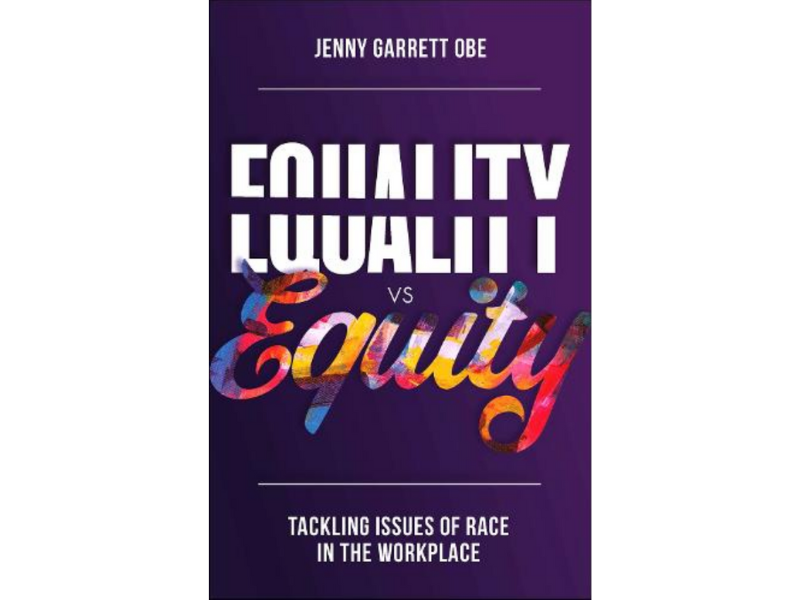By Aubrey Blanche, Global Head of Equitable Design & Impact, Culture Amp
 International Women’s Day in 2020 comes at a time of seismic and overdue change in gender politics in the UK workplace; as one third of FTSE 100 firms’ are now reported to have women board members while consumer brand giant Unilever has just reached a 50:50 men to women balance in its global leadership roles for the first time.
International Women’s Day in 2020 comes at a time of seismic and overdue change in gender politics in the UK workplace; as one third of FTSE 100 firms’ are now reported to have women board members while consumer brand giant Unilever has just reached a 50:50 men to women balance in its global leadership roles for the first time.
But sadly, these headline changes only scratch the surface. Even as glass ceilings for white women are cracking under sustained pressure, there’s compelling new evidence that companies are nevertheless building less high-profile but formidable glass partitions in today’s workplace; barriers that hold women back from delivering their full potential in teamwork, innovation and leadership.
Recent data analysis is yielding deeper insights into workplace sentiment and engagement indicating that these barriers are rooted in organisations’ corporate governance. Sadly too, these glass partitions are the direct result of unconscious bias towards women and people of other marginalised genders – which is surprising and concerning when Britain’s population is rapidly growing and diversifying, bringing new perspectives and energy to our economy.
When we analysed 250,000 anonymised employee appraisals from companies from across the world, we found clear evidence that women actively doubt whether they are part of their employer’s corporate planning or even its future career opportunities.
The first surprise came when we looked at the corporate decision-making unit: under half of women (46%) were satisfied with their employer’s approach against nearly six out of ten men (58%).
Asked whether their perspective was factored into company the decisions made at their organisation, a small minority (54%) of women agreed – appreciably less than the two-thirds of men (66%).
Equally troubling was female employees’ scepticism over career opportunities in their place of work: while 71% of women believe that people from all backgrounds have equal opportunities this figure was dwarfed by the majority of male employees (81%) that agrees.
Taking all these findings together, it’s clear that women and other marginalised genders are being shut out of company decision-making and not enabled to show their true capabilities, whether collaborating on a project, determining company policy for a diverse workforce or leading a team. All the more outrageous when academic research has piled up over the years, showing, not only that gender-diverse teams led by women deliver better outcomes than other ones but also that companies with diverse working patterns deliver better financial returns.
I believe that for International Women’s Day (and the other 364 days of the year) to create real momentum for more gender-balanced, happier and better-performing workforces, practical changes need to be made in the way UK companies are operated.
First, we need to change the language we use at work to be open-minded and inclusive. All executives and managers’ language in company meetings and processes needs to be free of stereotypes and non-gendered, helping turn anything from a brainstorming session to an audit committee meeting into less stilted and more productive discussions – free of unconscious bias that militates against fresh ideas and prevents women and marginalised genders achieving more.
Second, female employees need to be given a role in organisations’ decision-making: women – whether they are board members or not – need to be brought into companies’ executive, remuneration and social fund committees, to ensure that blinkered decision-making is binned, and greater fairness prevails.
Third, we need to junk old-style, ‘open box’ performance appraisals that frequently meander on aimlessly, allowing line managers to avoid properly listening to and responding to women’s concerns. We need to bring in a more feminine and diverse perspective to workplace policies and decision-making. While we’re at it, let’s agree on precise performance terminology and criteria for all appraisals. Such a modern approach would not only deliver a structured and inclusive appraisal, but also focus every team member’s mind on their role in their company’s performance.
While International Women’s Day 2020 gives us a moment to celebrate women’s successes as we campaign for a more equitable society, sadly there remains among women employees a widespread lack of belief in, and disengagement with, their company’s direction of travel – in country after country. Until we remove these unobtrusive but widespread glass partitions of bias that companies are permitting, our society will have failed to let women deliver their full contribution to more effective teamwork, innovation and leadership in a better and fairer workplace.
 About the author
About the author
Aubrey Blanche is The Mathpath and Global Head of Equitable Design & Impact at the people & culture platform, Culture Amp. She is helping the company and its customers think about their design of processes, programs, and products to promote fairness and a sense of belonging while enabling leaders and managers to set their goals while proactively identifying and removing barriers.








